Filter by
SubjectRequired
LanguageRequired
The language used throughout the course, in both instruction and assessments.
Learning ProductRequired
LevelRequired
DurationRequired
SkillsRequired
SubtitlesRequired
EducatorRequired
Explore the Depression Course Catalog
 Status: Preview
Status: PreviewJohns Hopkins University
Skills you'll gain: Public Health and Disease Prevention, Research Methodologies, Health Policy, Public Health, Epidemiology, Mental Health, Social Determinants Of Health, Health Disparities, Maternal Health, Mental Health Diseases and Disorders, Cultural Diversity
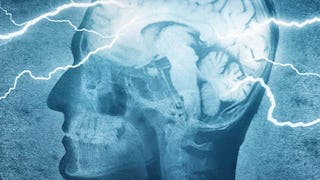 Status: Free Trial
Status: Free TrialAmerican Psychological Association
Skills you'll gain: Substance Abuse, Mental Health Diseases and Disorders, Clinical Psychology, Mental and Behavioral Health, Psychiatry, Psychological Evaluations, Mental Health, Cognitive Behavioral Therapy, Patient Evaluation, Diagnostic Tests, Behavioral Health, Psychotherapy, Psychiatric Assessments, Cultural Diversity, Epidemiology, Pharmacology, Neurology, Demography, Psychology, Pharmacotherapy
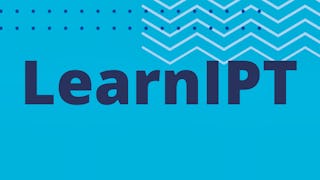 Status: Preview
Status: PreviewUniversity of Toronto
Skills you'll gain: Interpersonal Communications, Communication Strategies, Psychotherapy, Rapport Building, Mental Health Therapies, Emotional Intelligence, Empathy, Case Studies, Clinical Psychology, Problem Solving, Mental Health Counseling, Relationship Building, Mental Health Diseases and Disorders, Interactive Learning, Patient Evaluation, Psychological Evaluations, Cultural Sensitivity
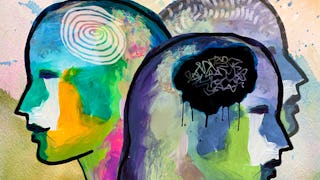 Status: Free Trial
Status: Free TrialAmerican Psychological Association
Skills you'll gain: Mental Health Diseases and Disorders, Psychiatry, Clinical Psychology, Mental Health, Cognitive Behavioral Therapy, Mental and Behavioral Health, Psychotherapy, Psychiatric Assessments, Cultural Diversity, Psychology, Pharmacotherapy, Pharmacology, Demography
 Status: Free Trial
Status: Free TrialRice University
Skills you'll gain: Growth Mindedness, Stress Management, Resilience, Mindfulness, Personal Development, Self-Awareness, Compassion, Personal Attributes, Positivity, Empathy, Mental Health, Mental Concentration, Interpersonal Communications, Communication, Emotional Intelligence, Behavioral Health, Cognitive flexibility, Sustainable Development, Social Justice, Persistence
 Status: Preview
Status: PreviewYale University
Skills you'll gain: Student Support and Services, Working With Children, School Counseling, Personal Development, Stress Management, Classroom Management, Cultural Responsiveness, Empathy, Self-Awareness, Resilience, Relationship Building, Active Listening
What brings you to Coursera today?
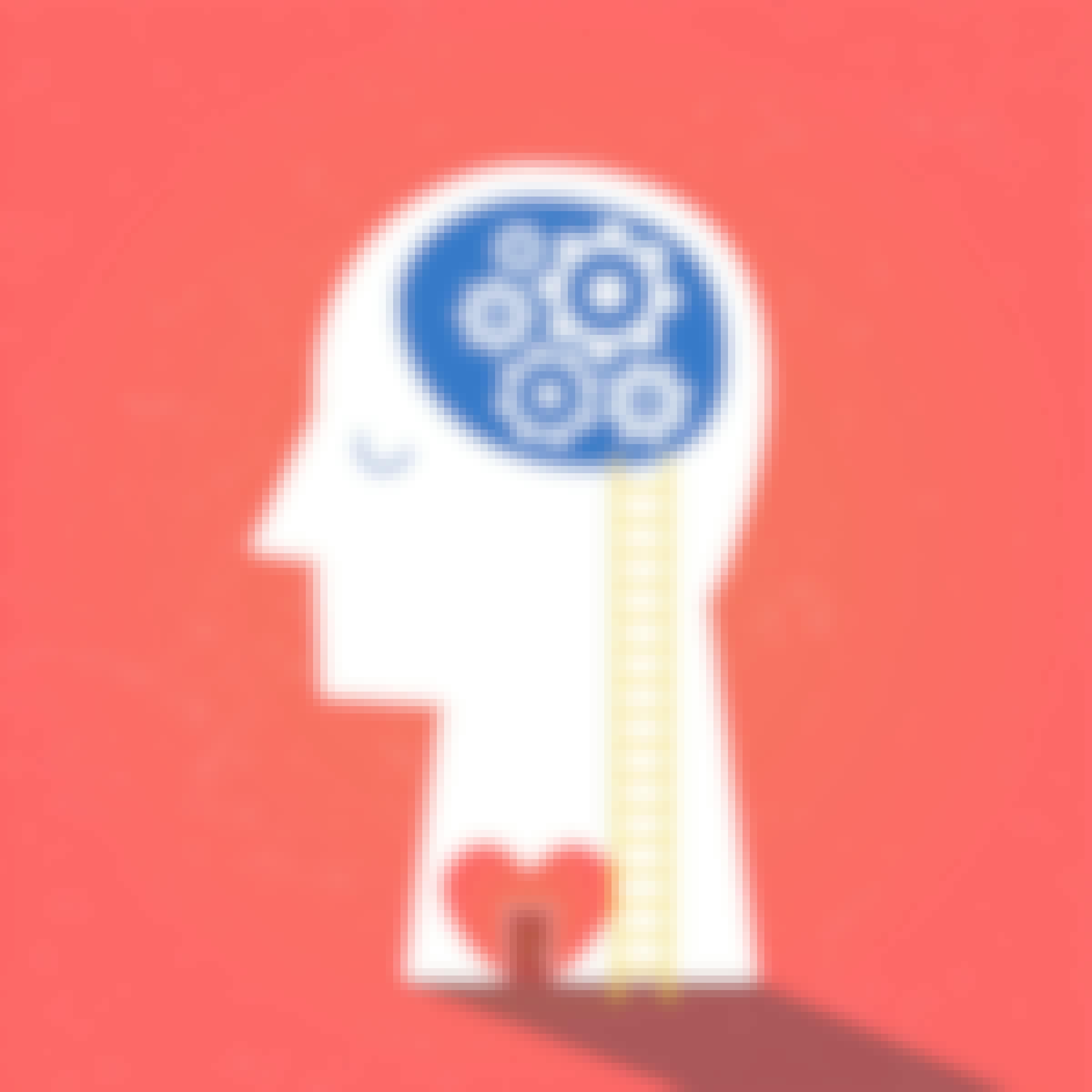 Status: Preview
Status: PreviewThe University of Sydney
Skills you'll gain: Mental Health, Stress Management, Mindfulness, Psychiatry, Positivity, Optimism, Resilience, Behavioral Health, Mental Health Therapies, Psychotherapy, Personal Development, Mental and Behavioral Health, Creativity, Cognitive Behavioral Therapy, Substance Abuse, Empowerment, Relationship Building, Exercise Therapy
 Status: Free Trial
Status: Free TrialMedCerts
Skills you'll gain: Healthcare Ethics, Conflict Management, Patient Communication, Child Development, Cultural Responsiveness, Human Development, Mental Health Diseases and Disorders, Gerontology, Patient-centered Care, Professionalism, Professional Development, Pediatrics, Verbal Communication Skills, Time Management, Mental Health, Emotional Intelligence, Ethical Standards And Conduct, Psychiatric And Mental Health Nursing, Mental Health Therapies, Behavioral Health
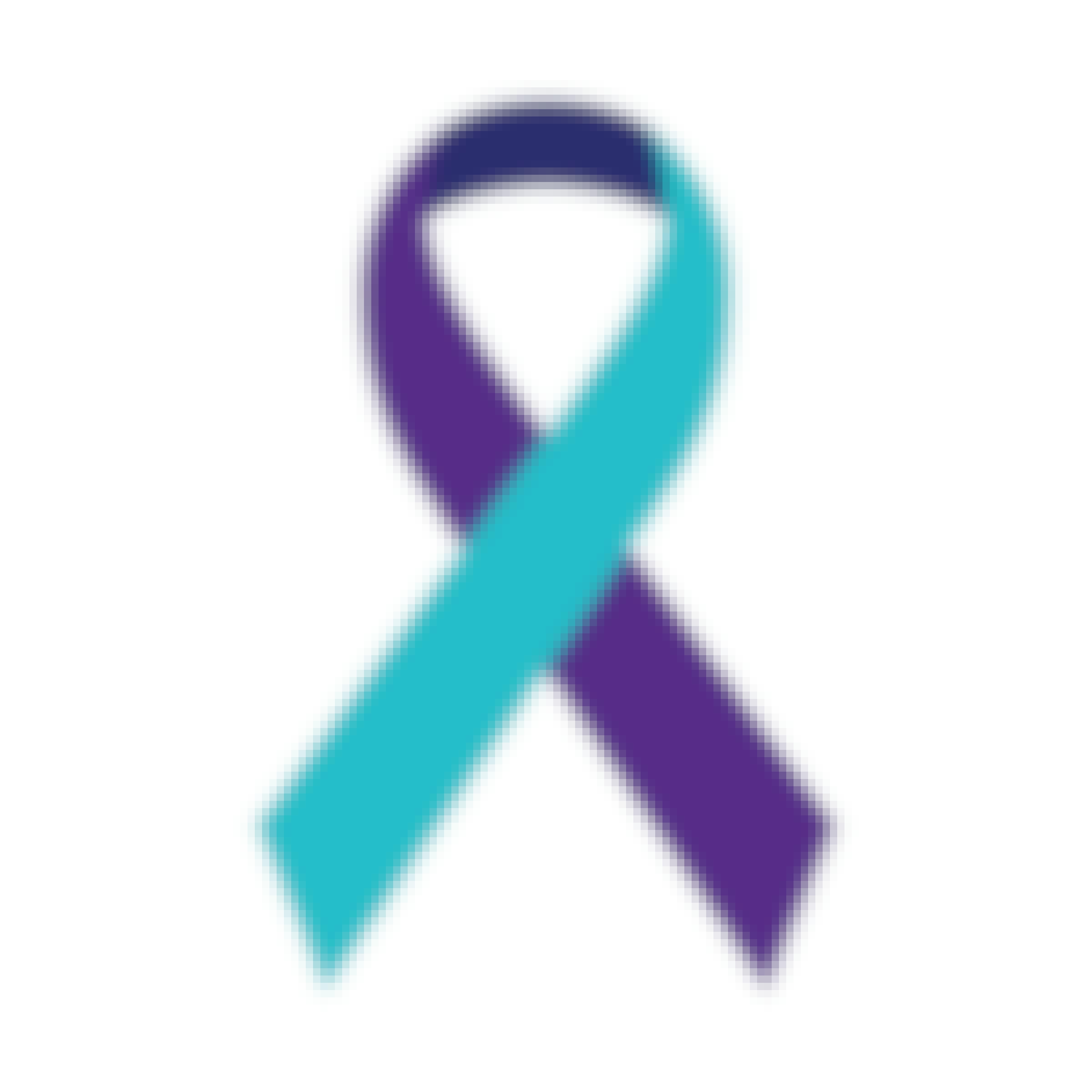 Status: Preview
Status: PreviewWesleyan University
Skills you'll gain: Research, Crisis Intervention, Research Methodologies, Epidemiology, Behavioral Health, Mental Health Diseases and Disorders, Medical Terminology, Psychotherapy, Public Health, Mental Health, Demography
 Status: Preview
Status: PreviewYale University
Skills you'll gain: Psychology, Child Development, Psychiatry, Mental Health, Human Development, Human Learning, Social Sciences, Behavioral Health, Sociology, Neurology, Critical Thinking, Scientific Methods, Problem Solving
 Status: Preview
Status: PreviewUniversity of Colorado Boulder
Skills you'll gain: Exercise Science, Kinesiology, Physiology, Sports Medicine, Nutrition and Diet, Pharmacology, Public Health and Disease Prevention, Immunology, Preventative Care, Respiration, Athletic Training, Endocrinology, Chronic Diseases, Vital Signs, Biochemistry, Public Health, Mental Health
 Status: Free Trial
Status: Free TrialWesleyan University
Skills you'll gain: Motivational Interviewing, Psychological Evaluations, Cognitive Behavioral Therapy, Mental Health Diseases and Disorders, Mental Health Therapies, Behavioral Health, Mental and Behavioral Health, Psychiatry, Psychotherapy, Clinical Psychology, Mental Health, Cultural Diversity, Psychiatric Assessments, Psychology, Experimentation, Health Education, Interpersonal Communications, Culture, Clinical Assessment, Goal Setting
Depression learners also search
In summary, here are 10 of our most popular depression courses
- Major Depression in the Population: A Public Health Approach: Johns Hopkins University
- Psychology of Anxiety, Mood, Substance Use, and Addictive Behaviors: American Psychological Association
- Learn Interpersonal Psychotherapy: University of Toronto
- Depressive and Bipolar Disorders: American Psychological Association
- Mindfulness and Well-being: Rice University
- Managing Emotions in Times of Uncertainty & Stress: Yale University
- Positive Psychiatry and Mental Health : The University of Sydney
- Mental Health Care Fundamentals: MedCerts
- Suicide Prevention: Wesleyan University
- Introduction to Psychology : Yale University










